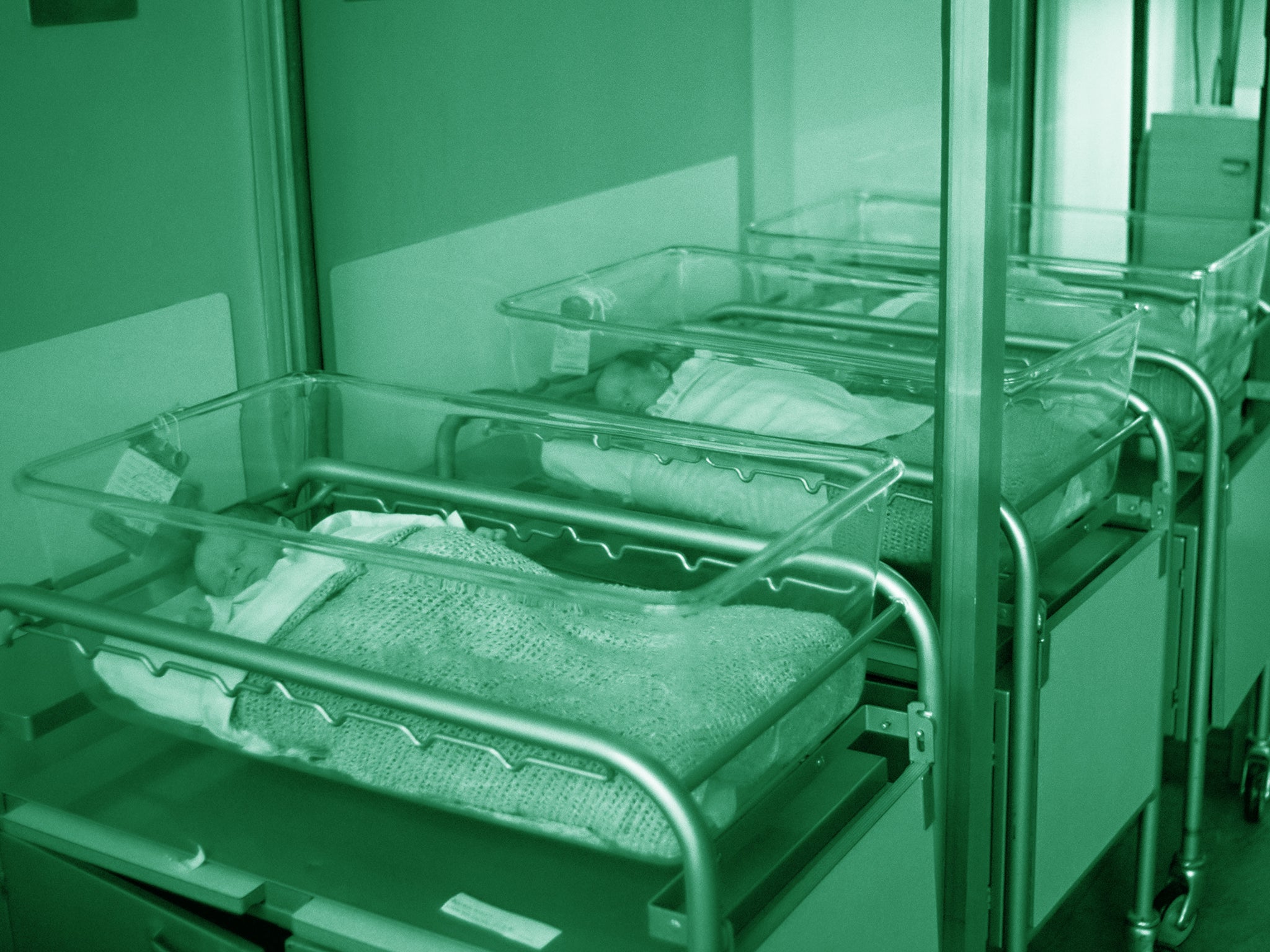Stop having kids? What is antinatalism and how does it relate to the climate?

Your support helps us to tell the story
From reproductive rights to climate change to Big Tech, The Independent is on the ground when the story is developing. Whether it's investigating the financials of Elon Musk's pro-Trump PAC or producing our latest documentary, 'The A Word', which shines a light on the American women fighting for reproductive rights, we know how important it is to parse out the facts from the messaging.
At such a critical moment in US history, we need reporters on the ground. Your donation allows us to keep sending journalists to speak to both sides of the story.
The Independent is trusted by Americans across the entire political spectrum. And unlike many other quality news outlets, we choose not to lock Americans out of our reporting and analysis with paywalls. We believe quality journalism should be available to everyone, paid for by those who can afford it.
Your support makes all the difference.The planet has nearly 8bn people and is expected to grow to nearly 10bn by 2050.
We are already seeing mass biodiversity loss, climate change, pollution, deforestation, and food and water insecurity. What effect will an extra two billion lives have?
Anti-natalists believe they have the answer – no more babies.
What is anti-natalism?
Anti-natalists argue that humans should abstain from procreation because it is morally wrong. Followers have a number of reasons for being against procreation.
One is concerns about genetic inheritance of health conditions. A commenter on an anti-natalist Reddit thread wrote: “Some people won’t agree with me, but I believe depression and other major mental disabilities such as anxiety and autism are hereditary.
“I could never condemn a person to live a life knowing they would have to go through all the things I had to go through.”
Others cite the world children will inherit. They argue that bringing children into an unstable and poverty-stricken planet is cruel.
The concept of consent is another issue. According to this argument, it is impossible for prospective parents to gain consent from a child about whether they want to be brought into the world and face unavoidable traumas. Therefore, procreation, in their eyes, is a morally murky act.
Worries about overpopulation and the environment are also key components of the philosophy. There is some overlap between climate activism, veganism, and anti-natalism.
According to advocacy group Stop Having Kids, antinatalism is a “philosophical and ethical stance against human reproduction, rooted in harm reduction and rational consideration for future life, with regard for the implications that procreation will have for other humans, other animals, and the natural world.
It adds: “Antinatalists consider human reproduction (besides some exceptions, such as force) an irreversible, unnecessary, indefensible, and enduring form of harm, regardless of circumstances, situations, or consciousness in living.”
Won’t that lead to the extinction of the human race?
Yes, but antinatalists don’t have a problem with that. As Stop Having Kids states: “The end of humans is the end of the human world, not the end of the world at large.
“The world was in perfectly fine working condition before humans ever came into existence and the world will continue on okay without us.
“Contrary to popular thought, we humans aren’t the centre of the universe or the most important thing in the universe. We are one of millions of species inhabiting the planet and we are one of billions of species to ever inhabit the planet.”
Anti-natalism has been criticised as nihilistic and some followers have been accused of being eco-fascist.
Is it the same as advocating a lower global population?
No. Campaigners who want people to have fewer babies are not anti-natalists. Charity Population Matters campaigns for a sustainable population and states: “We campaign, inform, undertake research and do all we can to encourage an open, fair-minded and constructive debate about population. We aim to create a wave of public awareness and corresponding policy action on overpopulation and unsustainable consumption.
“We promote positive, practical, ethical and entirely voluntary solutions – encouraging smaller families, inspiring people to consume sustainably, with the aim of enabling everyone to enjoy a decent quality of life whilst respecting and sustaining the natural ecosystems upon which all life on earth depends.”
How are antinatalism and population reduction campaigners linked to the climate crisis?
Both believe environmental crises demand urgent action and addressing population is a key part of the solution.
The Food and Agriculture Organization estimates humanity will need 70 per cent more food by 2050 but climate change is making agricultural land unproductive, while The Massachusetts Institute of Technology has calculated that by 2050, five billion people will not be able to rely on their water supplies to meet their needs.
As conservationist Dame Jane Goodall, a patron of Population Matters, puts it: “It’s our population growth that underlies just about every single one of the problems that we’ve inflicted on the planet.
“If there were just a few of us, then the nasty things we do wouldn’t really matter and Mother Nature would take care of it – but there are so many of us.”
Join our commenting forum
Join thought-provoking conversations, follow other Independent readers and see their replies
Comments